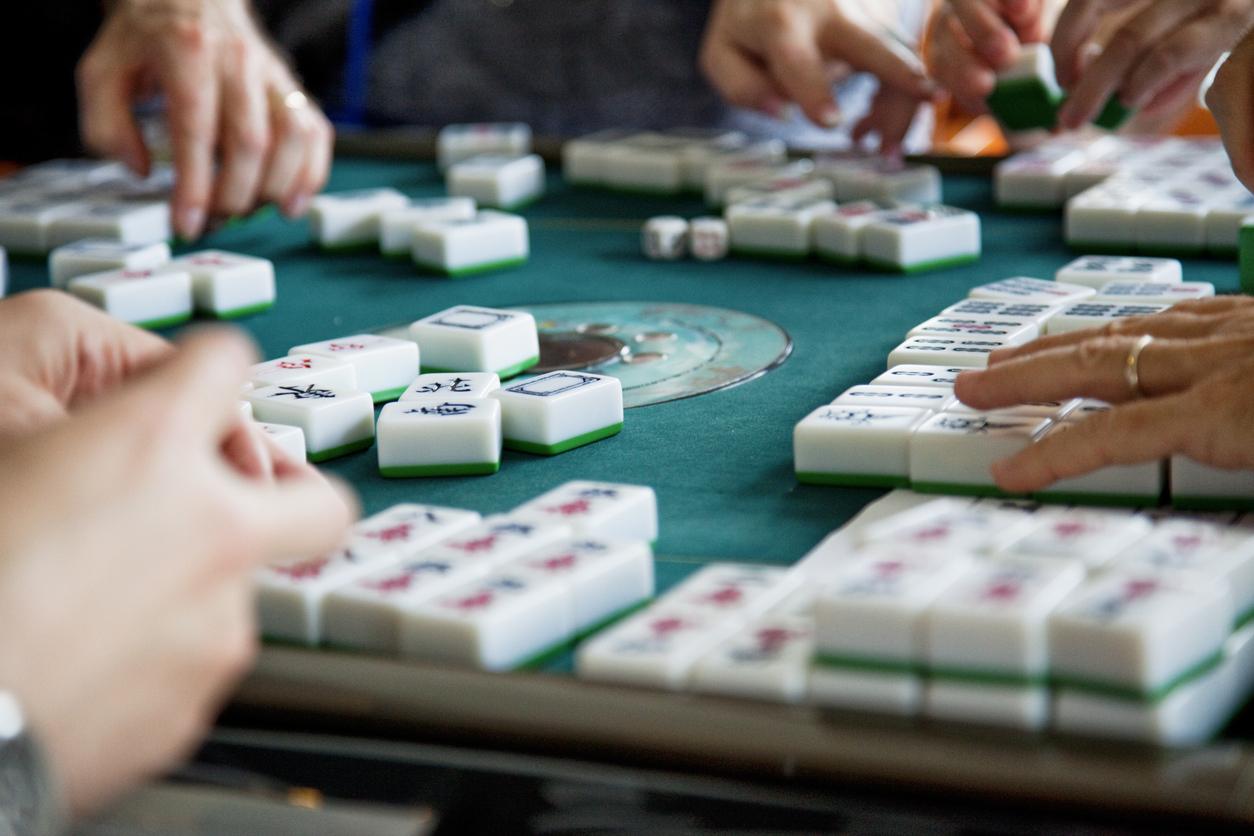The B2V Memory Observatory provides its recommendations to boost our ability to remember things.

- Like muscles, memory can be maintained.
- The B2V Memories Observatory shows how to do this.
- It is recommended to maintain social ties, practice regular physical activity, have good quality sleep, pay attention to what you put on your plate, have hobbies and eat a little dark chocolate.
If going back to school means making good resolutions for you after the summer feasts, here are 6 habits to adopt to maintain your memory functions.
Tip #1: Maintain social connections
Social connections must be seen as a source of intellectual stimulation in their own right. “Volunteering in an association, planning a meal at home, regularly checking in with friends are all activities that will strongly require planning skills, language skills and different types of memory (short-term, long-term or prospective)”, noted B2V Memories Observatory.
Tip #2: Practice regular physical activity
It is now well established that regular physical activity is associated with better cognitive and memory performance. “The benefits would be even greater for sedentary people who start to take up physical activity. Also, it is never too late to start doing a little sport, at your own pace and according to your abilities,” adds the B2V Memories Observatory.
Tip #3: Get good quality sleep
Sleep quality impacts cognitive performance levels. “Good sleep quality is defined by the alternation between phases of deep sleep and phases of light sleep” explains the B2V Memories Observatory. “Deep sleep has this extraordinary ability to evacuate toxic proteins accumulated during the day in our brain. Thus, sleeping well allows us to have good attention and memory function during the day. It also protects our brain in the long term from the harmful accumulation of certain proteins,” details the research center.
Tip #4: Pay attention to what you put on your plate
There is a strong link between diet, brain function and memory. Several studies have shown that people who had a diet “Mediterranean”* showed a less significant decline in memory functions as they aged compared to individuals who did not follow this type of culinary habits.
“On the other hand, we regularly hear that turmeric and/or red fruits participate in improving memory encoding (information capture), but no scientific study has proven the veracity of this belief even if these two foods are rich in antioxidants,” tempers the B2V Memories Observatory.
Tip #5: Have hobbies
Leisure activities are good for memory. “No particular hobby is more recommended than another, the important thing is to have varied entertainment that will have the consequence of stimulating various facets of our cognition”, reports the B2V Memories Observatory. “However, you should not force yourself to do sudoku or crosswords if this activity bores you,” also advises the nonprofit organization.
Tip #6: Eat (a little) chocolate
Chocolate is rich in methylxanthines which are beneficial for cognitive functions. The cocoa bean also contains flavanols which, through their actions on peroxidases, insulin and cerebral blood circulation, are said to have a positive effect on memory, learning abilities and the immune system.
“A small square from time to time is enough to benefit from its virtues, preferably favoring dark chocolate (with at least 70% cocoa)”, ends the B2V Memories Observatory.
*That is to say a diet rich in olive oil, fish, fruits, vegetables but low in meat and dairy products.


















